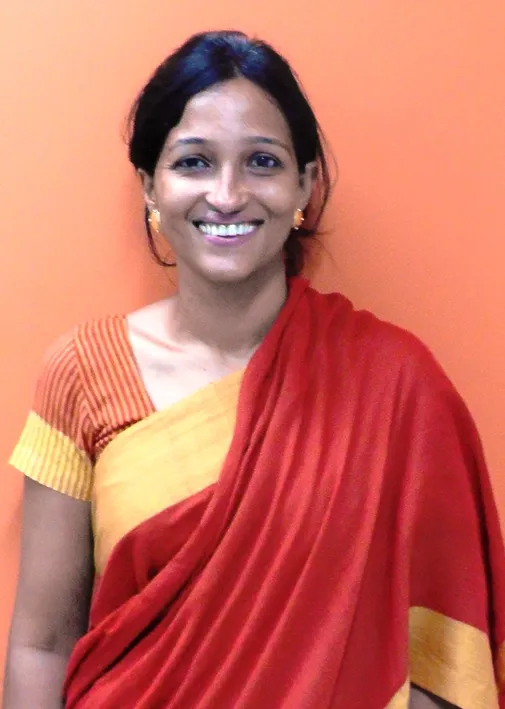Smarinita Shetty of Dasra, on her plans for their collaborative efforts with USAID & Kiawah Trust
Dasra recently appointed Smarinita Shetty to the position of Director to lead the Reproductive, Maternal, Newborn Child Health and Adolescent Girls vertical. In her role at Dasra, Smarinita is responsible for fostering and leading investments for the $14 million initiative that addresses maternal & newborn child health. This is being done by Dasra in collaboration with U.S. Agency for International Development (USAID) and The Kiawah Trust of U.K. Social Story caught with her to understand in depth about her action plan. Excerpts.

SS: How do you look back at your decision of moving out of the corporate world into the social enterprise?
I think it’s one of the few wise things I’ve done in my life!
SS: What difference do you think social enterprises make in the lives of people?
I think much has already been said about this. In a country like India where the social problems are huge and seemingly insurmountable, there is a role for different kinds of players – the government, social organisations, civil society. Good NGOs have the vision and drive to make a difference in the areas they choose to operate in. If they also acquire the operational skills to grow sustainably, they have the potential of transforming the lives of India’s underprivileged and underserved.
SS: Do you miss your days as an entrepreneur?
Being an entrepreneur was great – the people, the work, the steep learning curve and the fulfilment of doing something new and different. I enjoyed every bit of it and I look back on those days with great fondness. But entrepreneurship is also about extremely long hours, constant pressure and uncertainty. So am just glad I had a chance to do it when I was young.
SS: What will be your priorities in your new role as the lead of maternal & newborn child health?
The area of maternal and child health and adolescent girls is vast. And while there are a lot of ideas, interventions and conversations both at a government and development sector level, there is little or no cross-stakeholder learning.
The challenge for us at Dasra then is to put some structure around this and enable collaboration amongst stakeholders; the goal being to move the needle from discrete interventions with limited impact to weaving together an ecosystem that can transform the area of maternal and child health and adolescence.
Keeping this in mind we want to identify innovative and scalable modelsthat can be replicated, and build capacity; bring together various stakeholders in different kinds of forums to share key takeaways and encourage collaboration, and develop a knowledge hub that becomes a repository for the sector.
A first step towards this is to actually measure the state of the maternal and child health and adolescent girl sector and to establish a baseline, so that we can measure change and impact five years down the road.
SS: The problem of maternal and newborn child health is still a concern in large parts of our country. Do you think a joint effort can help reach the grassroots and make a long term difference, than individual efforts by different organizations?
As mentioned earlier, collaboration is the key to creating any sizeable and sustainable impact in this space. There is a very critical role that individual organisations play because it is their activities that actually impact lives on the ground. But we also need to recognise that the problem of maternal and child health and adolescents is so humungous and daunting that individual organisations can only do so much. It is therefore extremely important to build an ecosystem that enables innovation (new models and interventions) sharing (of infrastructure, distribution channels), learning (between NGOs doing similar work, the government and the private sector), andreplication (of high impact interventionsthat can be scaled)
SS: What advice would you give aspiring entrepreneurs and social entrepreneurs?
The one thing that entrepreneurship does and should teach is humility. Entrepreneurship is all about learning, growing, making mistakes and adapting as you go along. You need to expose yourself, understand what you can and can’t do, seek help wherever necessary, learn from peers, but also have the courage to stand your ground, take risks and do things differently. Building an organisation thenbecomes an enjoyable and fulfilling journey in itself.







